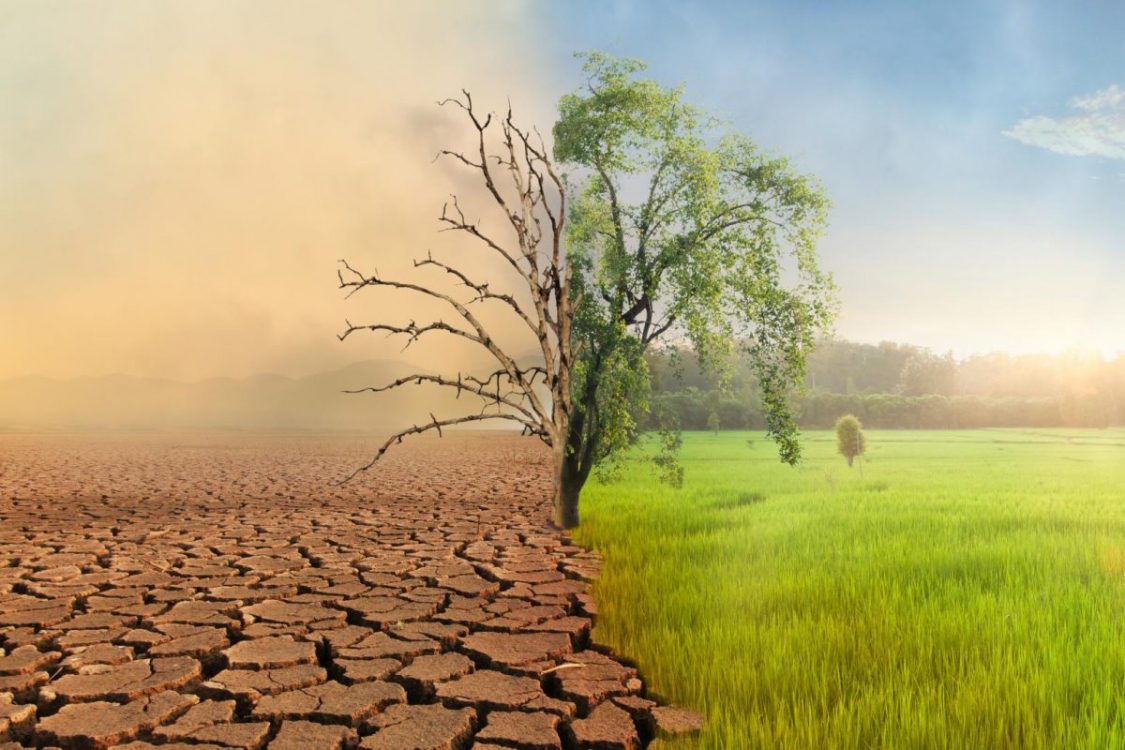Link between climate change crisis and food system

Central theme of the African Youth Climate Assembly and the Africa Climate Summit was the imperative of meaningful climate action to prevent the world from breaching the critical 1.5°C threshold outlined in Article 2 of the United Nations Convention on Climate Change (UNFCCC).
Climate change adaptation, mitigation, and resilience-building emerged as the most plausible interventions. Yet, at the core of these elements lies the vital transformation of our food systems.
Can we tackle climate change without revolutionising our food systems? Can we discuss resilience without considering the agency of smallholder farmers? The answers to these questions will underpin effective climate action post-summit.
This argument finds its basis in the High-Level Panel of Expert (HLPE) (2020) report on food security and nutrition, which established agency and sustainability as key dimensions of sustainable food security alongside availability, access, utilization, and stability.
According to the report, agency refers to the capacity of individuals or groups to make decisions about the food they eat, produce, and how it is processed and distributed within the food system. It encompasses their ability to engage in processes shaping food system policies and governance.
Effectively, climate action can only be achieved through transformation of the food system.
As Environment, Climate Change, and Forestry Cabinet Secretary Hon Soipan Tuya, emphasised, most African economies are reliant on climate-sensitive sectors like agriculture, tourism, energy, and forestry.
By adopting a systems thinking approach, food system transformation can simultaneously address the triple challenge of climate change, poverty eradication, and ensuring that no one goes to bed hungry.
The narratives and experiences shared by speakers throughout the conferences attest to this reality. Former Secretary-General of the United Nations H.E. Ban Ki-Moon decried the alarming rise of food insecurity as a daily reality. He emphasised that while governments have a responsibility to act, all leaders bear a moral obligation to contribute and collaborate to address sustainable development challenges.
Establishing the link between climate change, food insecurity, and economic, social, and political development is a crucial step in informing key policy frameworks. It is essential to recognise that working in isolation is not a strategy to combat climate change. For instance, how can the $23 billion investment pledged during the ACS be used to help Africans not only address climate change but also food security challenges?
The conversation should shift from individual efforts to a collective consolidation of initiatives for maximum impact, both globally and locally. With a united voice, past shortcomings, such as overlooking our assets and potential, can be transformed into vast opportunities, from the global to the community level. For instance, in the context of burgeoning carbon markets, ensuring that smallholder farmers are organized to benefit from their work by adding an additional stream of income to their existing activities is an aspect that requires thorough exploration.
Leveraging systemic approaches, emerging issues, and sectors like carbon markets should be structured to multiply economic, social, and environmental impact. Innovating policies and initiatives to serve this purpose should be given the highest priority.
These frameworks must adopt a pragmatic and inclusive approach involving all stakeholders. Learning from and sharing best practices, such as those highlighted in the side event on unlocking carbon incentive opportunities for smallholder farmers in East Africa, can inform further action.
— The writer is a communications and food system expert












